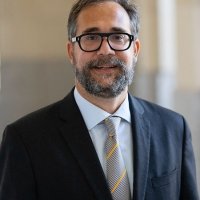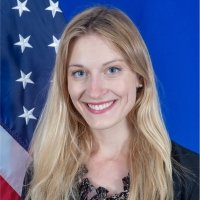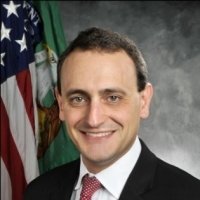US Policy Options on Venezuelan Sanctions
Submit a question
Over several months, the US government, the Venezuelan opposition and the Maduro regime have been discussing options for reviving long dormant political negotiations in Mexico City. For the opposition, the ultimate objective is to organize free and fair presidential elections in 2024, likely in exchange for accelerating US sanctions relief and permission for the cash-starved South American nation to resume oil exports to the United States. Thus far, however, the Maduro regime has appeared more interested in restoring bilateral relations with Washington than engaging in Mexico City with the opposition, which it sees as lacking the political and international leverage to challenge Chavismo’s strong grip of power.
Amid this impasse, US negotiators are reconsidering how to wield sanctions as diplomatic tools rather than perpetual punishments. Already, the Biden administration has eased some economic sanctions and removed a few high-ranking officials from the list of sanctioned individuals to encourage the negotiations between the US government, the Venezuelan opposition and Maduro’s government.
How successful have US sanctions been in providing the United States diplomatic leverage in negotiations with the Maduro regime and the Venezuelan opposition? What types of sanction relief, if any, would best advance US interests in Venezuela? What alternative incentives could the United States offer to extract durable concessions from the Maduro regime? How can the US adapt its sanctions policy to promote political dialogue?
Introduction

Moderator

Professor of Political Science, Instituto de Estudios Superiores de Administración (IESA) Business and Public Policy School, Venezuela
Panelists




Hosted By

Latin America Program
The Wilson Center’s prestigious Latin America Program provides non-partisan expertise to a broad community of decision makers in the United States and Latin America on critical policy issues facing the Hemisphere. The Program provides insightful and actionable research for policymakers, private sector leaders, journalists, and public intellectuals in the United States and Latin America. To bridge the gap between scholarship and policy action, it fosters new inquiry, sponsors high-level public and private meetings among multiple stakeholders, and explores policy options to improve outcomes for citizens throughout the Americas. Drawing on the Wilson Center’s strength as the nation’s key non-partisan policy forum, the Program serves as a trusted source of analysis and a vital point of contact between the worlds of scholarship and action. Read more
